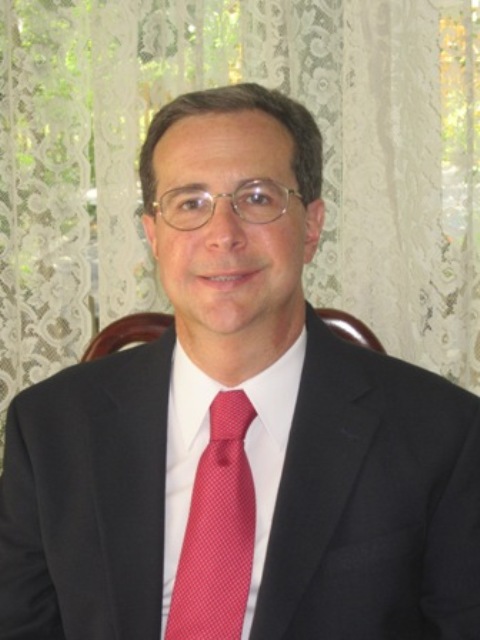Are You Ready for “The Third Age”?
Recently at one of the job search support groups I facilitate, one of the participants indicated that she was looking to develop a “portfolio career” for herself. A portfolio career is one where one takes their talents and uses them in a variety of ways in performing productive work tasks. Some of the tasks may be for compensation, others are not. Tasks may be performed outside the home or within the home. Some tasks may be repetitive in nature, while others change from day to day. The point is in the portfolio career model the individual is not only continually active in performing tasks that are rewarding to them, but they themselves are making the selection of what they are, when they do them and how often they choose to perform doing them.
I became familiar with the term “portfolio career” when I myself left my long time career as a Project Manager/Systems Analyst in the corporate financial services world. As part of my outplacement service, I was introduced to a number of very insightful workshops for preparing for the next stages of your life after 50 years old. One of the references was to the “portfolio career” concept and a book written in 1990 by a British economist named Charles Handy. Handy’s book, “The Age of Unreason”, looked at the world of work at that time in Europe and the United States and predicted where it was headed in the upcoming new century. Even though the book is now approaching 25 years old, Handy’s expectations of what was to be have proven to be very accurate.
While the book has several ideas and concepts, one that stays with me because I see it continually in working with my clients and support group attendees is the one of “The Third Age.” Its premise is based on the following. Handy foresaw that the amount of time that individuals would work for “organizations” during their lifetime was diminishing. While at one time it was not uncommon for individuals to work for organizations for 40 years or more, and for nearly 100,000 hours, that pattern was changing. Handy predicted that on average the most an individual would work for an organization is 25 years, and for about 50,000 hours. Much of that work for an organization would be while individuals were in their 30’s and 40’s. After that point, the organization would have looked to “burn out” those individuals and replace them with new individuals in their 30’s and 40’s. Does this pattern sound familiar to many of you?
However, Handy’s book is not about doom and gloom. It is about the opportunity this presents for individuals. More of the control of what individuals would want to do with their life and how they went about doing it would be with themselves. There would be the need for support and services to others, especially for those who were in their 30’s and 40’s, who were constantly working and who had no time to take care of day to day life activities. Handy did acknowledge that financial issues may emerge for some as they were no longer supported by working in big organizations. However, he felt it the responsibility of the individual to develop a life which involved both activities that would provide them the financial support they needed and also activities which would provide them the life fulfillment they needed. All too long most have depended on the large organizations where they had worked to fill most of those needs (financial, social, value of self, etc.).
Moving into “The Third Age” of their life is easy for some, a major challenge for others. One item I observe between those who make the transition and those who struggle is the ability to “let go” of what was in their life part of what I would deem their “Second Age.” That Second Age defined them for many years. It is not only what they did, but who they are. Envisioning themselves doing something else is difficult to do. However, to me the reality is pretty clear. The “organization” will make their choice on how they want to operate and who they want to include in their walls. It will be up to many of us to make the choices that will move us forward to this next exciting stage of our lives. Are you ready to do so?
